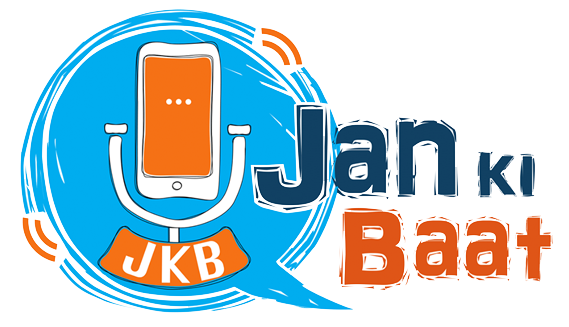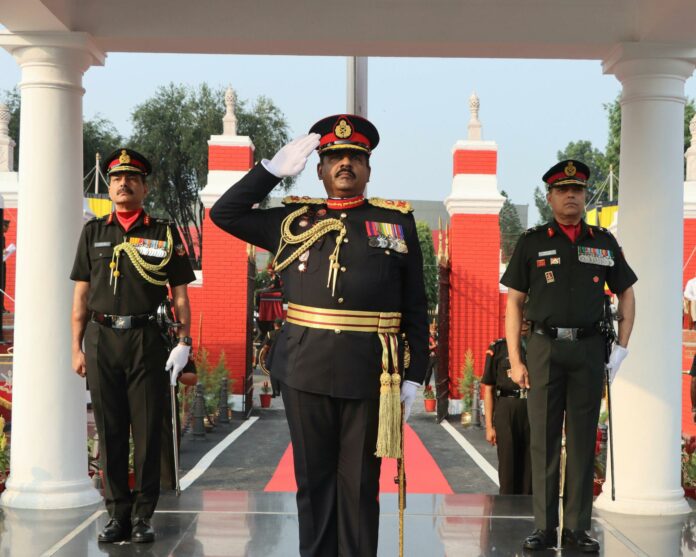Indian Army’s pivotal role in building strong defence ties across the Indian Ocean region (IOR) got further reinforced at the Passing Out Parade of the 156th course of the Indian Military Academy (IMA) Saturday, which had 32 Officer Cadets from nine Friendly Foreign Countries, including two from Sri Lanka.
How much importance does India attach to military diplomacy can be gauged from the fact that the Passing Out Parade was reviewed by Lieutenant General BKGM Lasantha Rodrigo, Commander of the Sri Lanka Army, who himself graduated from the IMA in 1990.
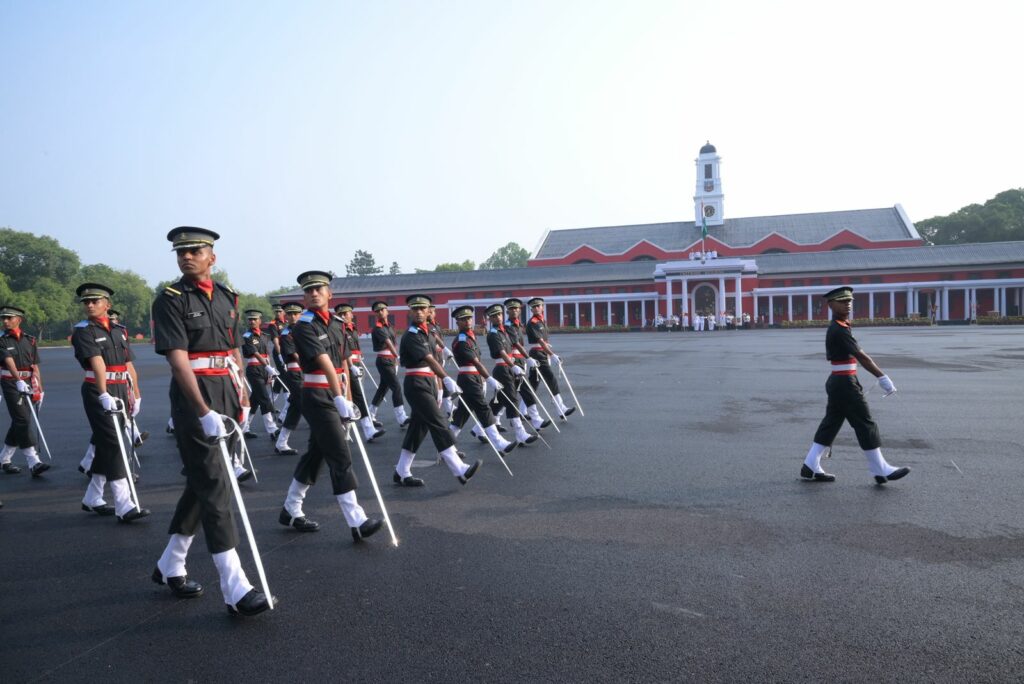
At any given time, approximately 700 Sri Lankan Army personnel are undergoing training at various Indian Army establishments, making Sri Lanka Army the largest foreign participant in Indian military training programmes. These include prestigious institutions such as the Defence Services Staff College, Infantry School, Counter-Insurgency and Jungle Warfare School, Army Air Defence College, School of Artillery, Armoured Corps Centre and School, Mechanised Infantry Centre and School; and the Indian Military Academy itself. This training collaboration not only builds professional competence but also deepens interpersonal and institutional bonds between the two Armies.
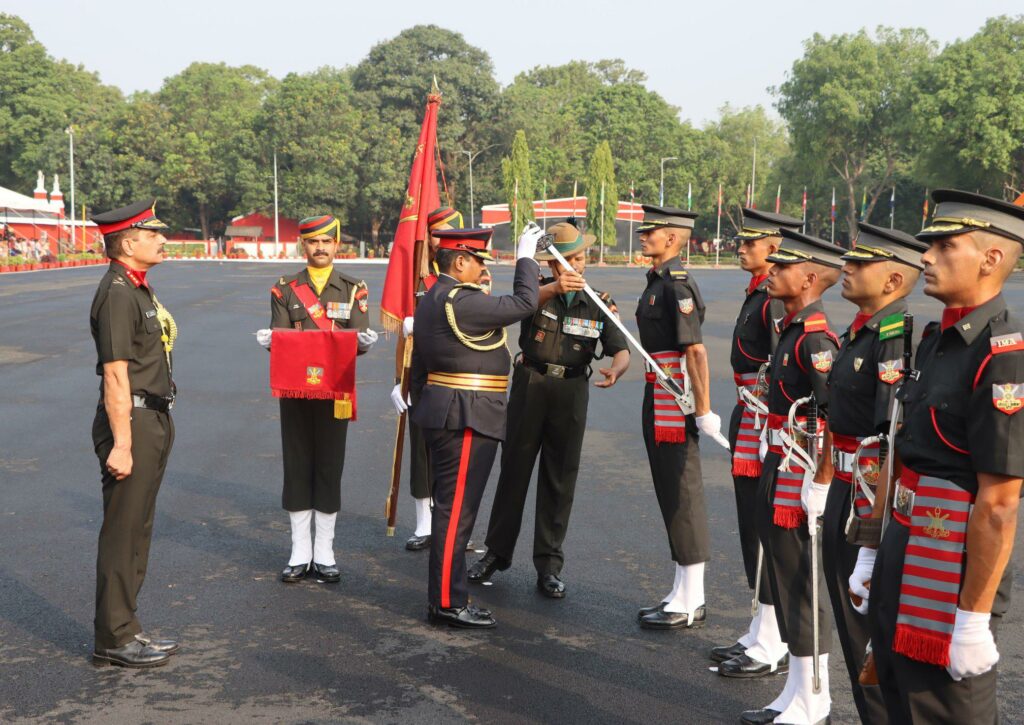
Lieutenant General Rodrigo’s visit continues a tradition of regular Army-to-Army engagements between the two nations. Former Indian Army Chiefs have visited Sri Lanka for key bilateral events, including past editions of Exercise Mitra Shakti and high-level defence dialogues.
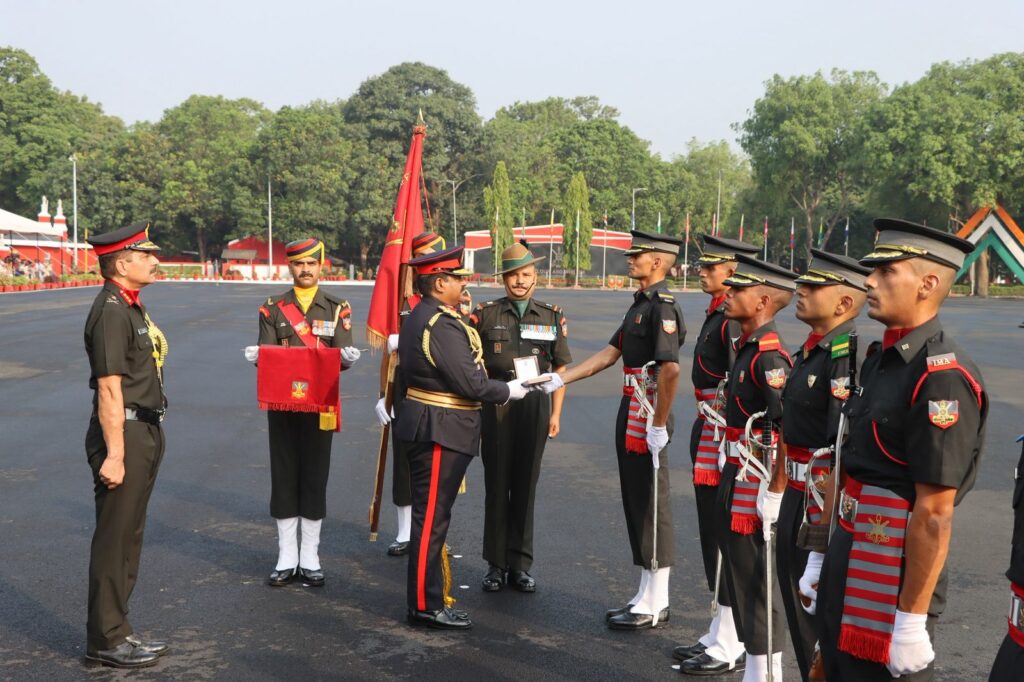
Likewise, successive Sri Lankan Army Commanders have made official visits to India, cementing defence diplomacy through structured cooperation and shared training ethos.
The Indian Army plays a crucial role in strengthening defence ties across the Indian Ocean Region (IOR) and its neighbourhood through various initiatives, including military exercises, training programs, and joint patrols. These efforts enhance regional security, foster cooperation, and project India’s influence as a net security provider.
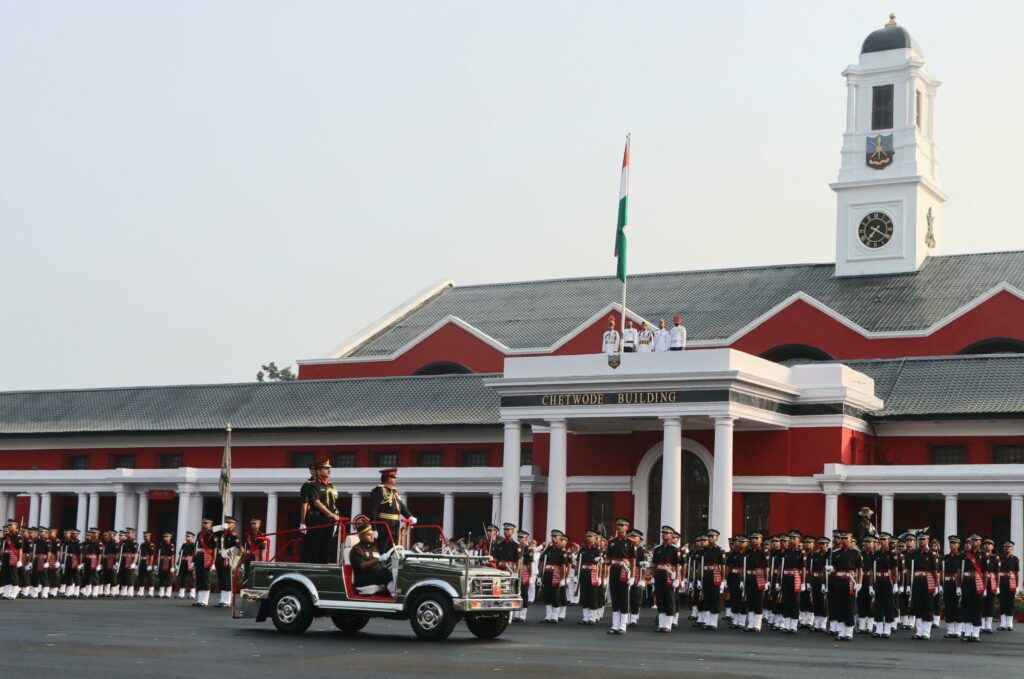
The Indian Army participates in numerous bilateral and multilateral exercises with countries in the IOR and beyond, such as the Malabar exercise with the US, Japan, and Australia, and the Yudh Abhyas with the US. India also provides training to personnel from friendly nations in various fields, including jungle warfare, counter-terrorism, and leadership development.
India has been actively involved in enhancing the defence capabilities of IOR island states by providing training, equipment, and technical assistance. This includes donations of old or surplus equipment, lines of credit for purchasing defence equipment, and the provision of surveillance systems. For example, India has supplied coastal radar systems to the Maldives, Mauritius, Seychelles, and Sri Lanka.
The Indian Army is often at the forefront of disaster relief operations in the IOR, providing assistance to countries affected by natural disasters. This includes search and rescue operations, medical assistance, and the provision of essential supplies.
By engaging in defence diplomacy and cooperation, the Indian Army contributes to regional stability and security. This helps create a favourable environment for economic development, trade, and overall prosperity in the IOR.
For example, the Indian Army has a strong defence relationship with Sri Lanka, providing training, equipment, and assistance in various areas, including counter-terrorism and disaster relief. It had sent its army – the Indian Peace Keeping Force (IPKF) under Operation Pawan in 1987, to take out the Liberation Tigers of Tamil Elam (LTTE) and other such militant groups.
In 1988, India has provided the Maldives with coastal radar systems and has been involved in joint surveillance operations to enhance maritime security.
Under Operation Cactus in 1988, the Indian army intervened in the Maldives to thwart a coup attempt against the government of then President Maumoon Abdul Gayoom. A group of Maldivian dissidents, along with mercenaries from the People’s Liberation Organisation of Tamil Eelam (PLOTE), a Sri Lankan militant group, attempted to overthrow the government. Over the years, India has provided Mauritius with offshore patrol vessels, helicopters, and other equipment, and has also conducted joint hydrographic surveys.
India has extended support to Mozambique’s armed forces, including the gifting of Fast Interceptor Craft and self-defence equipment.
There are many such examples of Indian military reaching out to smaller countries in the IOR for assistance in times of distress. These initiatives highlight how India is seeking to increase its defence and security cooperation with the Indian Ocean island states. It wants to establish itself as the ‘preferred security partner’ in the IOR, especially with the island states, at a time when China’s regional defence engagement is increasing.
